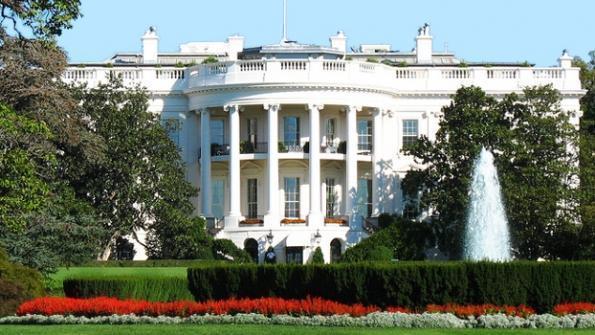
Credit: U.S. Government
A coalition representing every segment of the U.S. civil aviation industry is urging the Biden administration’s recently unveiled American Jobs Plan to include performance-based measures to spur sustainable aviation fuel production. A letter from nearly 50 coalition members to National Climate...
Subscription Required
This content requires a subscription to one of the Aviation Week Intelligence Network (AWIN) bundles.
Schedule a demo today to find out how you can access this content and similar content related to your area of the global aviation industry.
Already an AWIN subscriber? Login
Did you know? Aviation Week has won top honors multiple times in the Jesse H. Neal National Business Journalism Awards, the business-to-business media equivalent of the Pulitzer Prizes.
